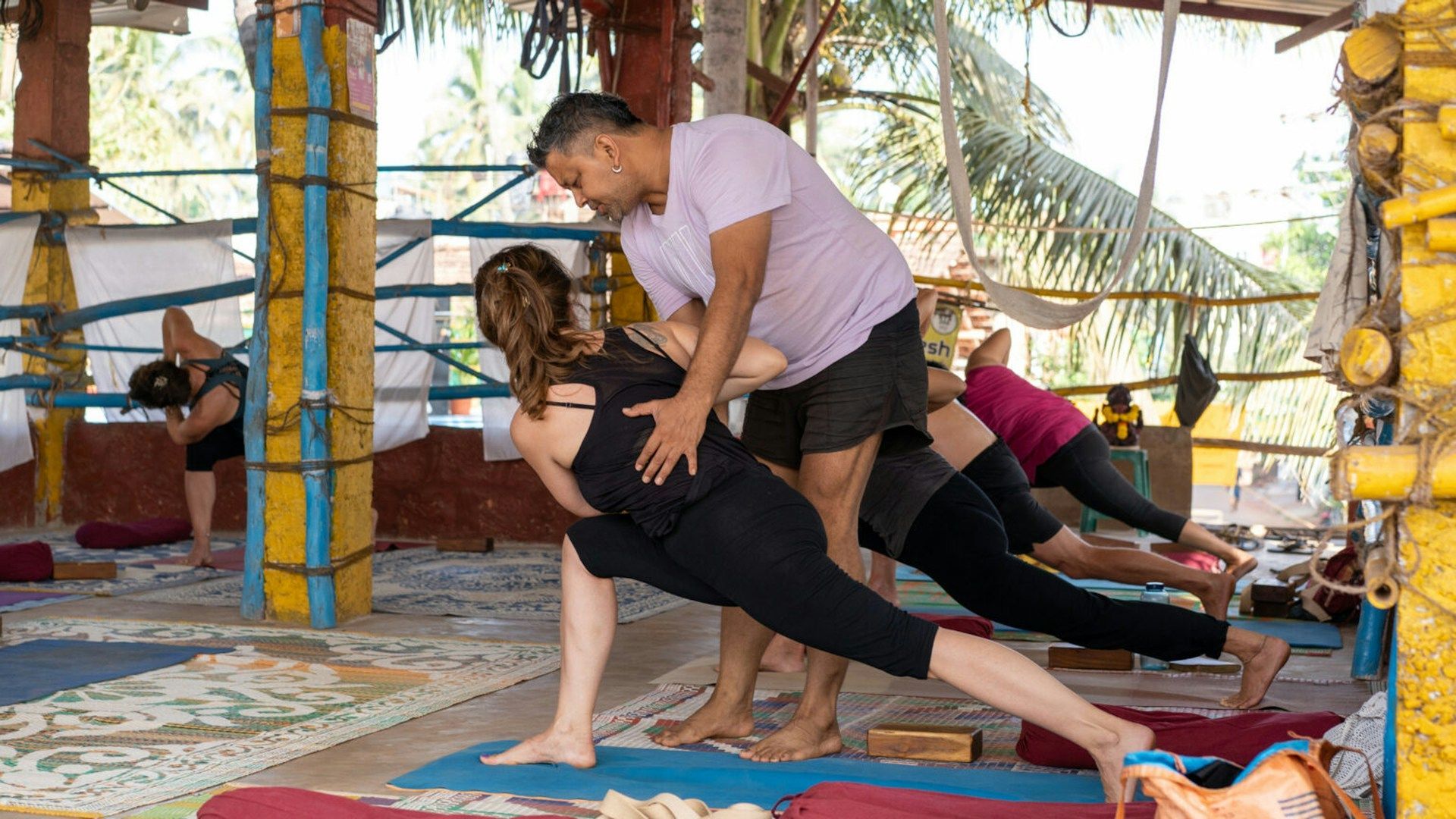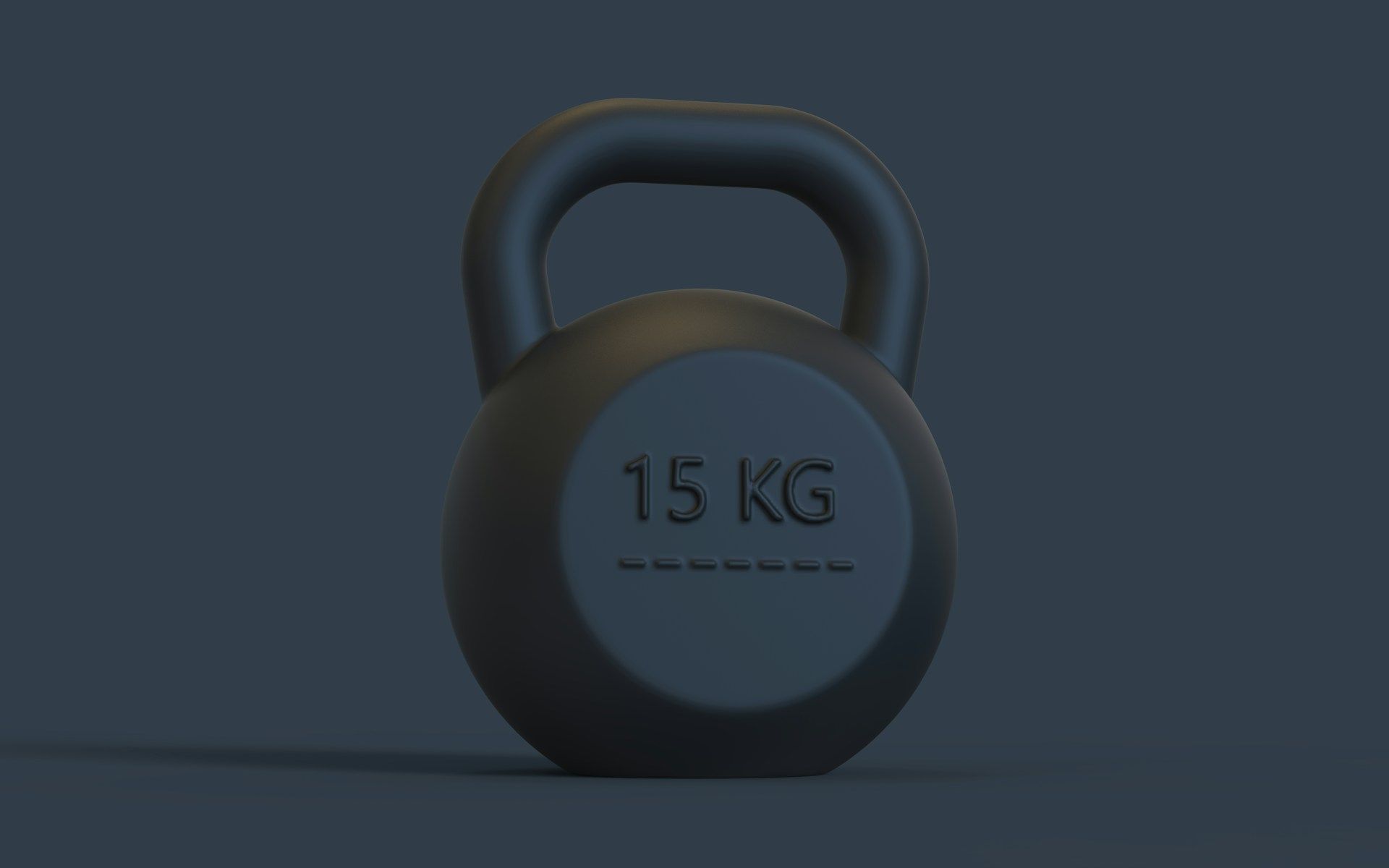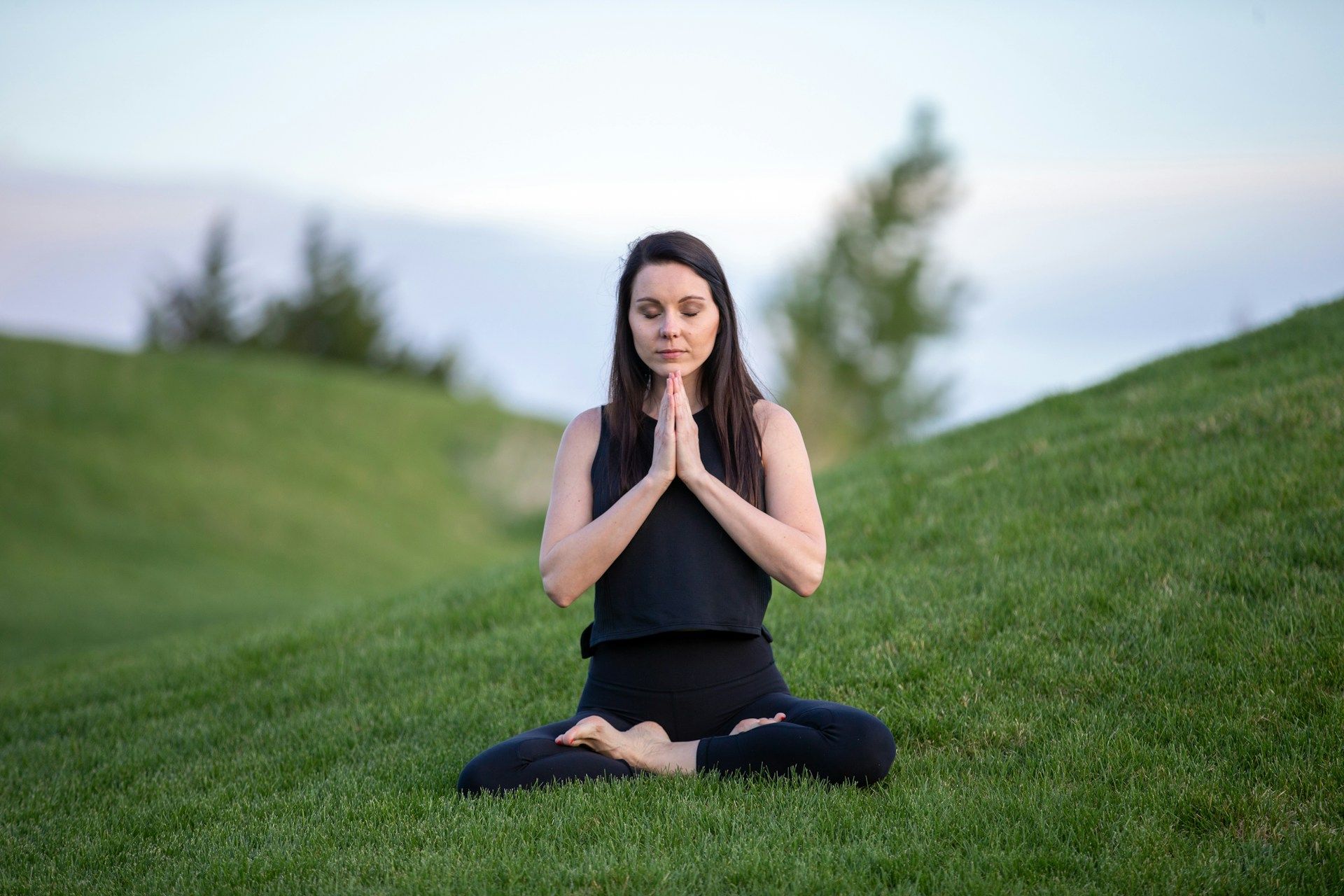5 Best "Dr. YouTube" Channels When Therapy Is Out Of Reach
In a perfect world, everyone would have access to the mental health care they need. Unfortunately, reality tells a different tale. Rates of mental illness continue rising despite reaching crisis levels even before the COVID-19 pandemic, and the barriers to care are higher than ever for millions.
However, mental health issues don’t mysteriously “go away” if you lack therapy time, money, or both. Even those with means often struggle, as finding the right therapeutic match isn’t easy. What can you do in the meantime?
Put this glorious tech humanity now has to its highest and best use, that’s what. Requisite disclaimer: the advice in this article is no substitute for in-person mental health care. However, the five mental health professionals below have created a world of fabulous content to help you heal — please take full advantage of the fruits of their labor.
Barriers to Mental Health Care (That People Often Don’t Discuss)
When you need mental health care, you go to a therapist, right? Not so fast, there, pardner.
First, let’s look at some numbers:
- According to the folks at Bankrate, the average cost of a single therapy appointment in 2023 ranges from $100 to $200.
- Many types of therapy, including for childhood trauma, require a minimum of 12 sessions, sometimes more.
- According to the Peter J. Peterson Foundation, a center dedicated to our nation’s fiscal growth, 22 million Americans were uninsured in 2022.
- Among those insured, 43% of those with employer plans, 57% of those with Marketplace plans, and 51% of those on Medicare still can’t afford the care they need, according to the Commonwealth Fund.
The money issues above are only a part of the reason why some people roll their eyes and give dismissive “yeah, sure” replies to well-meant suggestions of “just go to therapy.” There’s also the time factor. Despite technology’s promise, the work week hasn’t gotten shorter or easier for most workers. RTO means adding another hour or two of commute time. Add child-rearing duties or simply the need to exercise, meal prep, and clean house, and only a few precious free minutes remain before bedtime.
Another issue? Mental health woes sap your energy, y’all. Anxiety has two speeds — panic and the exhausted collapse that follows. Depression can make simply getting through the workday seem like mucking the Augean stables. As much as you need it, attending another appointment can seem like a bridge too far. While you shouldn’t use fatigue as an excuse to skip therapy, you sometimes need a totally effortless way to nurture your mental health.
Finally, finding the right therapist is hard — and ending up with the wrong one can leave you feeling worse. For example, neurodiverse individuals may struggle with certain therapeutic modalities that help others. Furthermore, the American obsession with a “quick fix and return to productivity” means far too many doctors turn to psych meds as a first line of attack, leading to unacceptable side effects in some patients.
The good news? The barriers to mental health care are not insurmountable. The bad? Overcoming them can take years, during which time you still have to pay bills, raise your kids, and get along with your spouse — all the things that go much more smoothly when you have positive mental health. What can you do in the meantime? Dr. YouTube can help fill the gap with insight, advice, and coping tips.
5 Best YouTube Channels to Improve Your Mental Health
What channels should you subscribe to and hit the bell to get every alert? The five below are among the best. Full disclosure — neither Living With HM nor Only in Sedona Yoga or Talk to the Mat have any affiliation with these folks. However, they have helped me transform my life when I couldn’t afford care. I share them here because I know they can help others, too.
If I had to award one Dr. YouTube the GOAT (greatest of all time) award, it would be Doc Snipes. I began watching her videos when she primarily focused on continuing education for counselors. Her channel now contains a wide variety of content aimed at therapeutic professionals and laypeople alike, making it perfect for those just beginning their mental health journey or wanting a deeper dive.
What makes her sparkle most are her videos on neurobiology and how various neurotransmitters interplay to affect mood and mindset. It’s not just the info dump — it’s the practical tips on how to holistically improve your levels to boost your mental health outcomes. If you want a deep dive into what alcohol does to your serotonin, dopamine, glutamate, and GABA, for example, you will learn it here.
Her trauma work is extensive. For me, learning how it affects the physical body is key because that’s what I have to work with. As I often mention, I am not a doctor, counselor, or scientist — I’m a chronically ill person doing the best I can to heal myself while helping others. However, I have been a fitness instructor since the age of 16, so I built upon that skill in healing myself. It’s what inspired Only in Sedona Yoga — teaching online classes is my way to use my skills to give back. You’ll often hear Doc Snipes mention yoga as one of the best ways to retrain your nervous system. I can back that assertion from personal experience.
Tim Fletcher is part therapist, part preacher, and all-around amazing at explaining and dissecting complex trauma. His 60 Characteristics of Complex Trauma series is incredibly in-depth and enlightening, explaining many of the behaviors that make human relationships so maddening and complicated.
What makes his work sparkle is that he explains how trauma results in many of the self-defeating behaviors seen in those with certain personality disorders without ever using those terms or shaming those who engage in such acts. While he condemns the bad behavior, he explains its roots, inviting you to mindfully explore why you act the way you do — even when it results in more pain and trauma from broken relationships, lost jobs, and addiction.
Tim Fletcher is also a preacher, but please don’t let that scare you away. His YouTube videos divide the presentation between the trauma part of the lecture and the Christian part, giving you plenty of time to exit stage left if you have some religious trauma you’d rather not reactivate. If you do prefer a Christian-centered approach, you’ll feel right at home as he ties in Bible passages with the concepts learned in the science half of his Friday night lectures.
Dr. Daniel Fox is the first person to send me down a mental health rabbit hole, and I honestly have to thank him for also being the first person to spark my journey of transformation. What makes him sparkle is his work with personality disorders, especially BPD and NPD.
It was his video on relationship patterns between BPD and NPD partners that made me stand up and pay attention. It was like watching my life on the screen — and to me, it was also the first time I had heard anyone describe these behaviors as toxic and offer alternative ways of being. What a concept!
Dr. Fox has various workbooks. I bought both the Borderline Personality Workbook and the Narcissistic Personality Disorder Toolbox (the latter is more aimed at clinicians). I can’t recommend the BPD workbook enough for folks wanting to try CBT and especially DBT techniques but can’t afford therapy. It’s also a great tool for developing greater mindfulness.
I’m loving Dr. Sage right now because she understands neurodiversity and complex trauma. While those aren’t her only areas of expertise, she has a wealth of information on both. She’s been instrumental in helping me figure out why, although DBT was a godsend in many ways, getting in my higher mind all the time leaves me so exhausted. I don’t always process the world exactly like others, so I have another step — masking.
For example, to me, it makes all the sense in the world to break up a stressful work conference with a spontaneous group yoga and meditation session to ease tensions and facilitate negotiation. If I stood up, doffed my shoes, and struck a tree pose in most work environments, I’d be ridiculed if not fired on the spot — even though my suggestion stems from a place of science mingled with empathy.
Dr. Sage creates a welcoming, inclusive environment. She especially sparkles at explaining how neurodiversity expresses itself differently in those assigned female at birth and the influence of cultural forces on complex trauma.
Would any list of YouTube mental health professionals be complete without Dr. Ramani? This amazing professional wins the validation award from anyone who has suffered the psychological consequences of living with someone with narcissistic personality disorder or even a few of the maddening traits. You’ll find yourself screaming, “yes” at the screen multiple times as she confirms “It’s Not You” — also the title of her latest book.
What makes her sparkle are her pinpoint examples of what narcissistic behavior looks like in action. It’s useful for anyone driven mad by the behavior with a nagging sense that it isn’t right — but who doubts their perception because of the narcissist’s talent at gaslighting. It’s also helpful for folks who engage in these learned behavioral patterns because that’s all they know, helping them see the impact of their actions on others and inspiring change.
What’s also great about Dr. Ramani is her realistic approach. She understands that people remain in narcissistic relationships for various reasons and that, “just leave” isn’t always a viable option. Her work provides the daily validation you may need to cope if you choose to stay, helping you to remain true to who you are inside, even when those around you engage in infuriating behaviors.
What Are the Best Mental Health Channels on YouTube?
Doc Snipes, Tim Fletcher, Dr. Daniel Fox, Dr. Kim Sage and Dr. Ramani are five of the best mental health channels on YouTube, especially for those recovering from complex trauma. While subscribing alone is in no way a substitute for care, the information and healing tips they provide can bridge the gap and help when in-person professional care remains out of reach for any reason.
These five channels have helped me transform my life. I hope their expertise can similarly guide you on your journey. With love and hope for healing, always. ~ J.
Curious About Yoga for Your Recovery?
If so, sink into this hatha-vinyasa to restorative yoga session, burn off a little excess nervous tension and soothe your CNS by finishing with longer, slower floor-based stretches.











